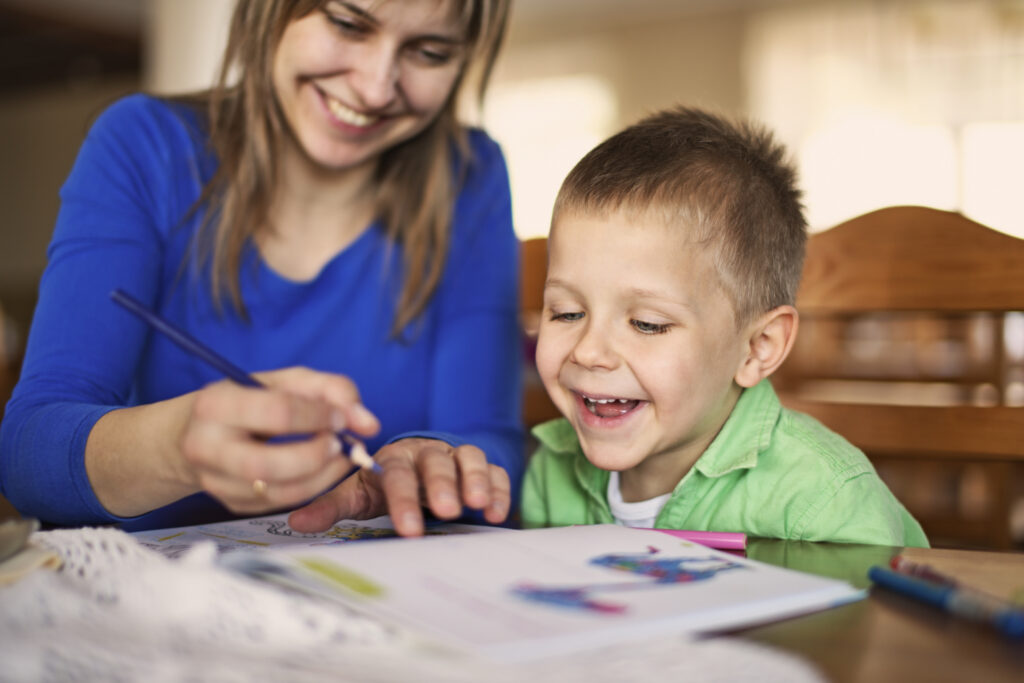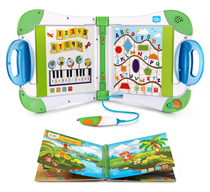 After parents stepped into the shoes of a teacher in the first lockdown, there was a sigh of relief as children were finally welcomed back through the school gates in June.
After parents stepped into the shoes of a teacher in the first lockdown, there was a sigh of relief as children were finally welcomed back through the school gates in June.
But, as the virus has rapidly spread over the Christmas period, millions of primary school children will not return to education until after the February half-term, meaning it’s time for parents to re-tackle home learning once again.
The Office for National Statistics found that the majority of British children struggled to learn from home during the first lockdown, with three-quarters of parents giving a lack of motivation as the reason why. So how can we keep our children focused this second time around?
The team over at Essential Living have worked with Counsellor Kerry Quigley on this handy guide for parents to help keep your children motivated whilst learning from home. Kerry Quigley has been a counsellor for over 17 years, here she offers tips on keeping children mentally engaged and helping them to learn under difficult circumstances.
Start and stick to a routine
A routine is extremely important, as not only does it give structure to your day but is also mentally beneficial. A recent study found that children feel safer and more secure when their lives have a predictable routine.
Having a routine can also have a positive impact on mental wellbeing, no matter what your age (cause we’re still talking about kids here right).
Counsellor Kerry Quigley, who is accredited by the British Association for Counselling and Psychotherapy said: “Children learn better in a structured routine. Where possible maintain a consistent sleep pattern, meal times and regular breaks. This will help to support your child’s concentration and energy levels.”
Your routine should be similar to a normal school day, including going outdoors, different types of skills learning and regular breaks. Here is an example you can follow:
Or if your child’s school uploads tasks for them to complete every day, ensure they know what they have to do and that they have the equipment to complete them.
Create a rewards-based system
A rewards system is a great motivational tool used by teachers to encourage children to do something they may not enjoy by rewarding them for hard work and good behaviour.
Not only does it motivate but also helps improve behaviour. By deducting points for bad behaviour, this is a good alternative to another form of punishment like being sent to the naughty step. All this does is interrupts your routine and distracts workflow.
Counsellor Quigley believes, “It is important to remember to praise and reward their achievements. This will build upon your child’s self-esteem and encourage independence.”
Unsure where to start? Here is a tutorial example with parental tips for creating a rewards system for your child: https://www.youtube.com/watch?v=iQqGUCguWyY&feature=emb_logo
Young children can benefit from sticker charts and it’s a good idea to get them involved with creating and keeping the chart up to date. Allow your child to decorate a piece of paper themselves to use as their own personal rewards chart. Let them choose different coloured stickers and give them a target to achieve per day. Giving daily targets will help increase a sense of self-confidence and motivate them to reach their goal.
For older children, try offering other types of incentives such as an extra hour of television or a small gift for their efforts.
Introduce cooking
Younger children love to help out around the home, and take pride in seeing something they have helped to create. So, take pride in seeing something they have helped to create.
Often we focus on one learning area like maths or science, but we forget that we can choose activities that incorporate several learning concepts.
Choose a recipe every day including different ingredients like flour or eggs. Use scales and ask them to weigh out different measurements. This will help them to understand concepts such as weights and fractions.
Through cooking, you can also teach a number of other skills such as:
- Hygiene skills issues such as the importance of washing hands
- Reading labels for nutritional information
- The importance of a balanced diet and the different food groups
- Basic safety skills such as preventing burns from hot pans and the stove
- and making sure food is not spoiled or contaminated by reading the labels
Counsellor Quigley believes: “Whilst it is important to give clear instructions and expectations, this will help motivate your child and build upon your child’s self-esteem and encourage independence.”
Here are some Lockdown friendly recipes for kids to help you get started: https://www.youtube.com/watch?v=7Kydl6dQIBk&feature=emb_logo
Encourage your children to stay connected to the outside world
Your child mustn’t become too disconnected from the outside world. During the first lockdown, parents became increasingly concerned that not attending school or social events would hold back their child’s development at such an early age. If your child is still struggling to adjust to this new, isolated environment reassure them that it is temporary.
To help provide normality, allow them to interact online with peers. Try scheduling regular calls with a school teacher or a member of the family to discuss the progress of learning and other activities during their day. Knowing they will be speaking with someone on the outside world can give them that boost they might have needed.
Counsellor Quigley said: “By empathising with your child’s feelings this will help them to feel heard and understood, and also support a positive relationship between you and your child.”
For any more advice or guidance from Counsellor Quigley, you can contact her through the Glister Counselling website: https://glister.uk.com/contact-us/
Thanks to Essential Living: https://www.essentialliving.co.uk/


